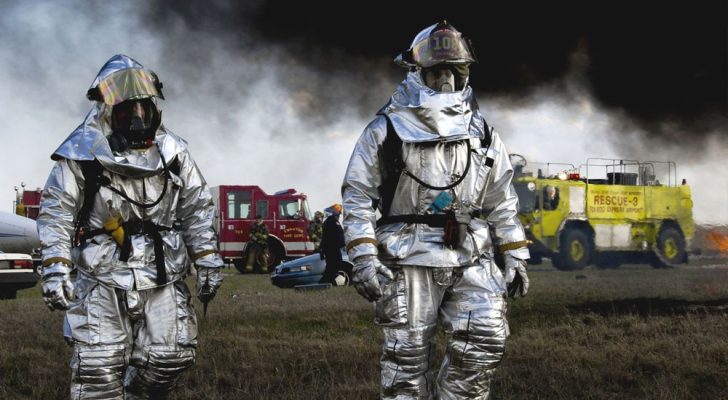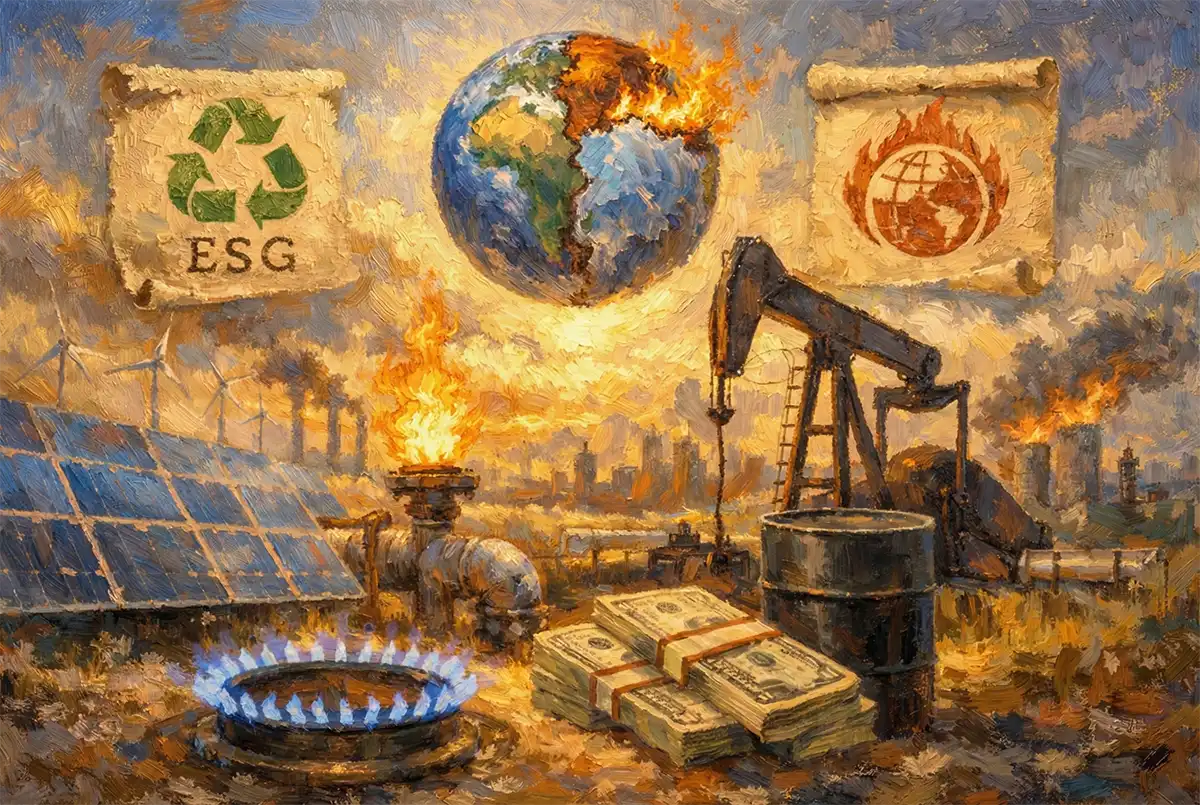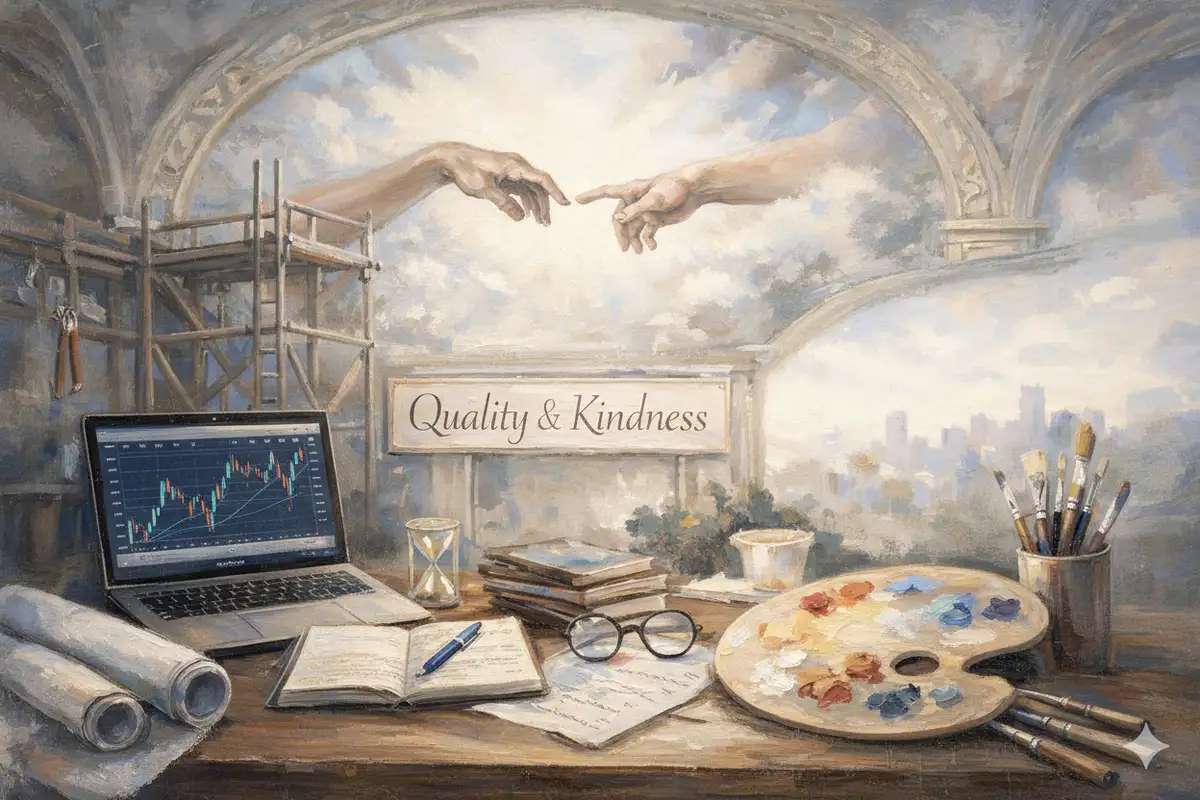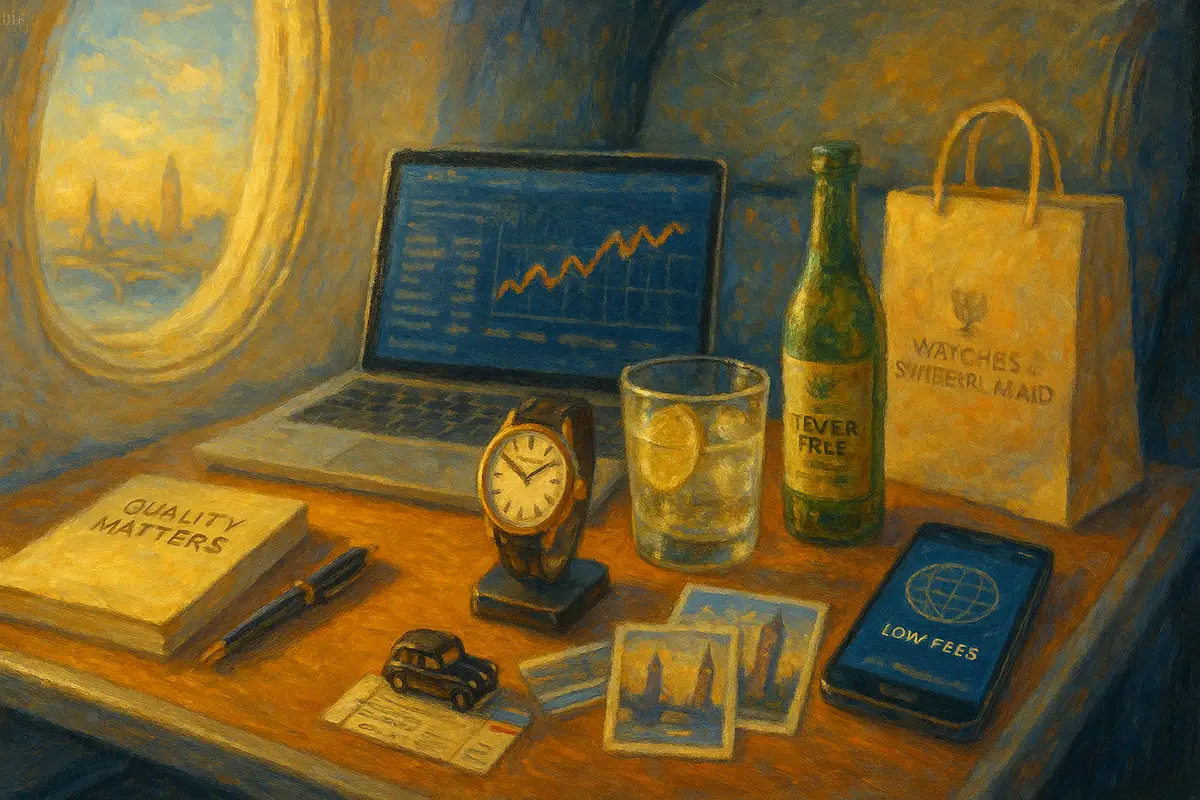Writing about the future of investing in the current global economic climate is an easy way to get depressed.
After all, Europe seems on the verge of disintegration; China risks a hard crash-landing; Japan’s debt-bubble could burst at any moment, and emerging economies are too closely linked to China’s fate.
Meanwhile in the U.S., GDP grew at a less-than-inspiring annualized rate of 2.5% in the second quarter. The U.S. is the least-spoiled banana in the whole rotten fruit basket. As I wrote this, the thought that came to mind was, do I really want to be responsible for other people’s life savings in this tumultuous environment?
But when I step back and look at the past 100 years, I’m reassured by all the things that the U.S. and global economies survived: pandemics that wiped out a percentage of the global population; two “hot” world wars and a “cold” war; the disintegration of a superpower; plenty of other wars; a few nuclear-power plant meltdowns; economic collapses; terrorist attacks; stock-market crashes, and a slew of other bad things. Somehow the U.S. economy (and economies that were affected a lot more) got through. People’s will to survive is so much stronger than any adversity.
Pause for a second. Put yourself in any moment in the past century. There was always something terrible happening that seemed ready to send us over the edge. And every bad time seemed unique. But I suspect that, outside of a giant meteor hitting the earth, the global economy will survive.
An economy doesn’t need a fertile ground of calmness and abundance to thrive. Consider Japan, an island nation with no natural resources in the middle of the Pacific Ocean. Japan survived and prospered even after two nuclear bombs obliterated two of its largest cities during World War II. The country is constantly abused by earthquakes and tsunamis. Yet Japan is one of the world’s most prosperous nations and enjoys one of the highest life-expectancies.
There’s a lot of bad stuff brewing on the horizon, and I’d be the last person to tell you to bury your head in the sand, pray to the gods of blissful ignorance, and just hope for the best. Bad things will happen, but we’ll survive, and if history is prologue, we’ll come out stronger. In the meantime, I’ll take the advice of Oaktree Capital Management co-founder Howard Marks, who likes to say, “You cannot predict, but you can prepare.”
As pertains to stocks, it is still not too late to structure your portfolio to weather a global economic storm. The key is to own shares of quality companies. For me, quality companies are the ones that need to exist, that you can imagine being around in five or even 50 years. They also usually come with wide economic “moats” that protect them from competition trying to take a bite out of their cash flows.
Companies with pricing power protect you in an inflationary environment, by passing price increases on to their customers, and during deflationary times, by maintaining their prices. Strong balance sheets are not really appreciated in an environment where everyone is drowning in liquidity, but they will be appreciated by scared creditors when conditions sour. There is a tremendous value in the recurrence of revenue; companies with plenty of it have to do less heavy lifting to grow.
Don’t pay high multiples for growth; you are setting yourself up for disappointment. Returns for stocks are driven by two factors: earnings growth and price-to-earnings expansion or contraction. The external environment may not be kind to earnings growth (the aforementioned recurring revenue will fight for this on your behalf), but a stock bought at a significant discount to fair value puts you on the right side of the P/E trend and can handle a lot of bad news thrown at it. In the longer run it will see P/E expansion.
Dividends are also important. Dividends force management to focus on cash flow — dividends are paid with cash, not with earnings — and serve as a deterrent to dumb, empire-building, value-destroying acquisitions.
If you cannot find enough companies that fit the above criteria, default to cash. Even if inflation roars back, cash is better than a bad stock.
Key takeaways
- How Your Investments Can Survive uncertain times starts with perspective: history shows that economies endure wars, crises, and collapses — and recover.
- You can’t predict the future, but you can prepare: focus on quality companies that you can imagine existing decades from now.
- Look for businesses with strong moats, recurring revenue, and pricing power — traits that protect against both inflation and deflation.
- Favor strong balance sheets and dividends; they discipline management, ensure resilience, and provide steady returns.
- Don’t overpay for growth. Buying at a discount to fair value gives you a margin of safety and better long-term returns.









0 comments
0